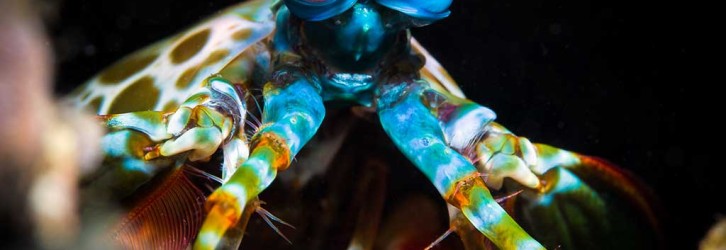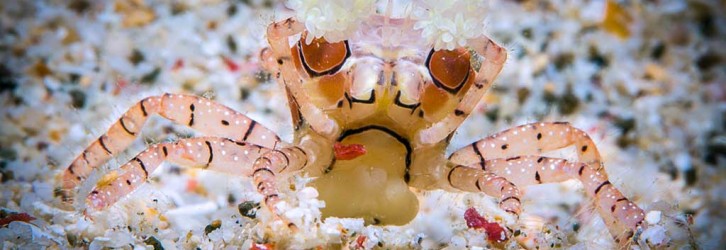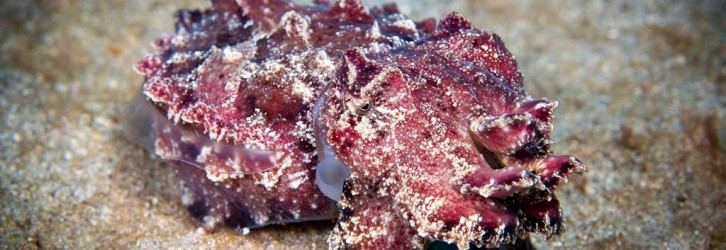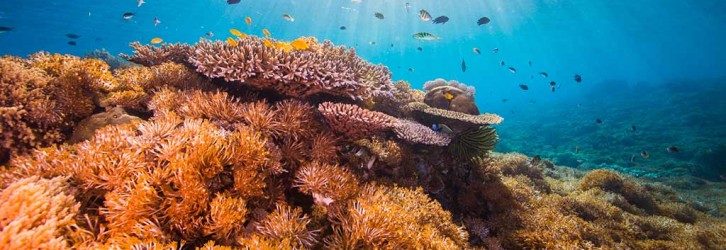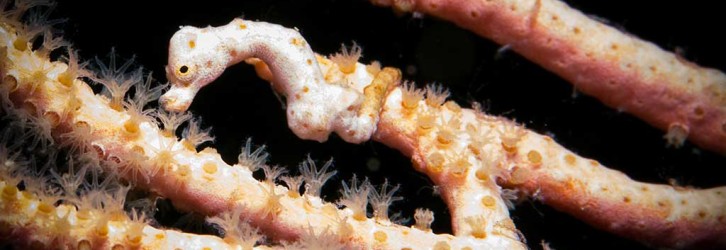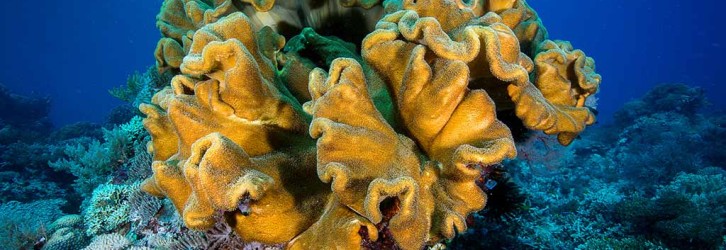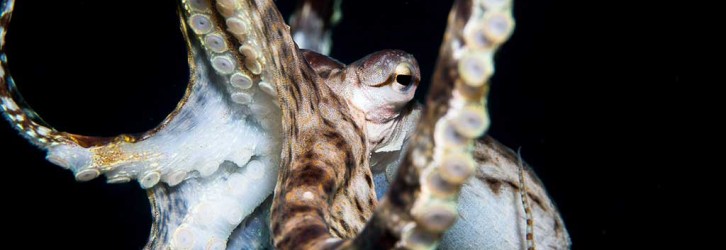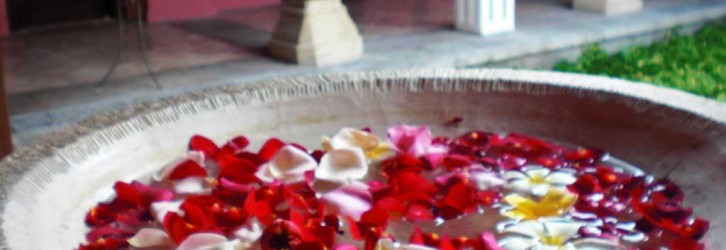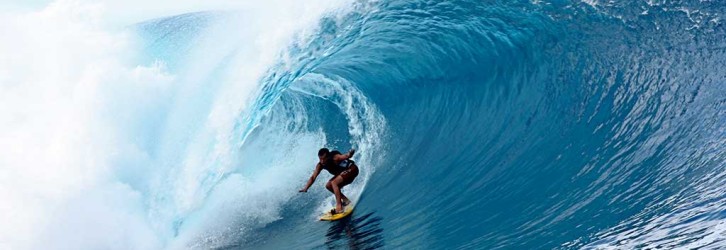Scuba Diving in Indonesia
The place with the highest marine biodiversity on earth. Top location for muck-diving and underwater photography.
Indonesia is the paradise underwater photographers and warm-water lovers are ever looking for. It is one of the places in the world hosting the highest marine biodiversity and it’s home of thousands of endemic animals.
About Indonesia
The Republic of Indonesia is an archipelago comprising approximately of 17,508 islands, it’s capital is Jakarta and the total population amounts to 245 million people divided in approx 300 ethnic groups each with their own cultural identity, although influenced over the time by Indian, Arabic, European and Chinese sources.
Location
This beautiful archipelago is the heart of the Coral Triangle, it straddles the Equator, splitting the Indian and the Pacific Ocean, and sitting between Thailand and Australia.
The wonderful range of marine habitats made of over 3,000 species of fish living in the Coral Triangle create one of the most amazing biodiversity encountering a diver may ever experience.
Arriving and moving around
The most comfortable way to travel to Indonesia is via plane. The country’s four international airports are connecting the archipelago to the rest of the world. You can flight to Sam Ratulangi Manado (MDCO) in North Sulawesi, Soekarno-Hatta (CGK) near Jakarta, Ngurah Rai Denpasar (DPS) in Bali and Juanda (SUB) in the east part of Java.
Moving around
When moving around the different islands you can choose doing it either by plane or by boat. The country has several internal airports allowing fast and easy transfers between the regions. Once you’ve arrived in the desired region you can catch a boat to reach your preferred island. To move within the major cities and islands you can opt for taxis and busses.
Time
Indonesia is a fairly large and spread country, therefore it is divided into three time zones:
- GMT +7: Western Indonesian Time in Sumatra, Java, west/central Kalimantan
- GMT +8: Central Indonesian Time in Bali, south/east Kalimantan, Sulawesi, Nusa Tenggara
- GMT +9: Eastern Indonesian Time in Maluku, Papua
Currency and prices
The currency use in Indonesia is called Indonesian Rupiah, one Euro equals c.a. 15,873 rupiahs. Indonesia can be a fairly cheap destination when avoiding western accommodation, luxury hotels and touristic destinations.
Best time and climate
Like all the countries across equator, Indonesia, is an all-year-round warm place. It is characterised by two main seasons, the rainy one from November to March and the dry one from April to October.
Best time to dive
In almost all the regions of Indonesia you’ll enjoy the ideal weather and diving conditions from April to September.
Water temperature
Sea water temperatures peak in the range 29 to 30 °C in May with its minimum in the range 26 to 29 °C in September. The average all year round is 27/28 °C.
Scuba Diving in Indonesia
Indonesia’s studding diving sites host some many different type of sea life to make happy even the most demanding diver. The diving destinations can be quite different one from the other; below we’ve highlighted the most common and famous ones.
North Sulawesi
North Sulawesi offers more than 150 dive sites suitable for all levels of experience.
The Bunaken Marine Park, considered one of the world’s top scuba destinations, extends for over 220,000 acres. Snorkelers and divers can enjoy clear water, healthy coral gardens and very active marine life. Large schools of fish, dolphins, pilot whales, seahorses, scorpionfish, sea fans, sponges, whip corals, hard corals, nudibranchs, pygmy seahorses and the blue-ringed octopus are common to be encounter.
Diving this marine park of Bunaken is a “must” when you have Indonesia as your holiday destination.
Raja Ampat
Raja Ampat, called also the Four Kings, is an archipelago comprising over 1,500 small islands. The biggest and most known islands are Misool, Salawati, Batanta, Waigeo, and Kofiau.
Raja is the epicentre of marine diversity and one of the best places to dive in Indonesia. Here you can dive all year round, the water temperature averages between 28 and 29 degrees.
Sharks and mantas are common encounters during the dives.
Komodo
Komodo Island is situated south of Sulawesi where you can admire the legendary Komodo Dragons (they’re the world’s largest living lizard, central characters of many travel tales). It features the well-known Komodo National Park and offers just about every type of diving, you can easily spot sharks, tuna and other pelagics to calm reefs with teeming schools of fish.
Characterized by strong currents, Komodo is best for intermediate to advanced divers. Like in other locations around the world, those currents are responsible for the vivid abundance of marine life. In Komodo and you’ll see a multitude of fish and some larger pelagics (mantas, dolphins and sharks) mammals.
Lembeh Strait, Togian
The Lembeh Strait is the heaven on earth of Muck Diving! Home of incredible bottom dwellers, as the Hairy Frogfish (Antennarius striatus) and all of its varieties, the extremely rare Lacy Scorpionfish (Rhinopias Aphanes), the extravagant Flying Gurnard (Dactyloptena), the Flamboyant Cuttlefish (Metasepia pfefferi) and many many more…
Lombok and the Gili Islands
The Gili Islands are composed by Trawangan, Meno and Air. These are small and easy-going islands with white, sandy beaches and excellent snorkelling and diving spots.
Here you can dive with cuttlefish, octopus, lionfish and scorpion fish, school of huge bump head parrot fish, a variety of rays, sea snakes, reef sharks, moray eels, the occasional whale shark, masses of turtles and an immeasurable variety of hard and soft corals.
Diving conditions
Indonesia is a well prepared location for scuba diving. Dives ranges from 5 to 40 metres, visibility can commonly be around 30 metres. You can encounter from mild to very strong currents, depending on the location and on the moon. Water temperature ranges between 20 – 30° C, in many regions it constant at 28/29 degrees.
Dives are made from both the shores, the local boats and luxurious liveaboards.
Dive types
Indonesia features many different types of diving, from colourful coral gardens to black sand muck dives, to crystal clear drift dives, deep walls and outstanding wrecks.
Sea life
This is probably the place on earth with the highest marine biodiversity. It’s incredible how many different fish, coral and other sea animals can be seen. To name a few: dolphins, sharks, mantas, sea snakes, sea horses, all kind of nudibranch, all sort of hard and soft coral, and many, many more.
What else to do
Not only scuba diving, Indonesia is an experience involving all your senses.
Spa and wellness
Let yourself be pampered by a blend of old tradition massages and modern service standards. Combining manual therapy and aromatherapy, the massage may include acupressure, rolling and flicking, stroking, percussion, application of essential oils and stone massage. A blessing for your body and soul.
Surfing
Indonesia is also premier destination for surfers. Especially the Mentawai Islands, off the west coast of Sumatra, feature dozens of world class surf spots. Just to the north Nias is equally popular amongst hard-core surfers. Further east, Bali and tiny Nusa Lembongan have some great waves, the south of Lombok likewise, and for the more adventurous, Sumbawa offers world class surfing.
Snorkeling
If scuba diving is not your thing, yet, you can wear mask, snorkel and fins and still enjoy one of the most beautiful coral reef of the world. The warm water will make it a dream to swim among colourful fish.
Excursions
Last but not least, Indonesia has a huge heritage culture and a long list of temples and their remains to be visited. Temples have a mix of Hindu and Buddhist characteristics being Hindu multi-ethnic in Indonesia, thus enriching the visitors of the awareness of its values and civilization.
Indonesia scuba articles
Articles about diving points and sea life in Indonesia
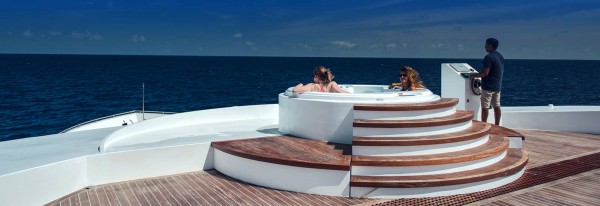
3 Scuba Diving Holidays you can’t miss in 2014
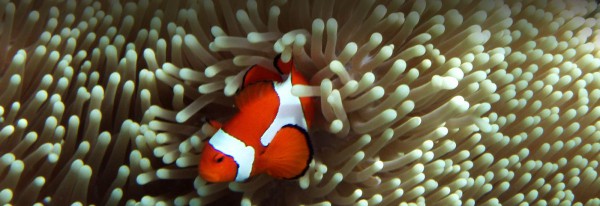
How to Dive Raja Ampat – Indonesia
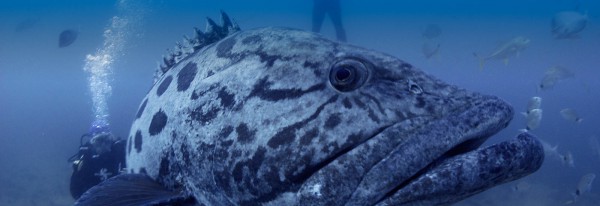
8 Most Spectacular Underwater Photos from 2013
Indonesia underwater photos
Underwater photos taken in Indonesia

